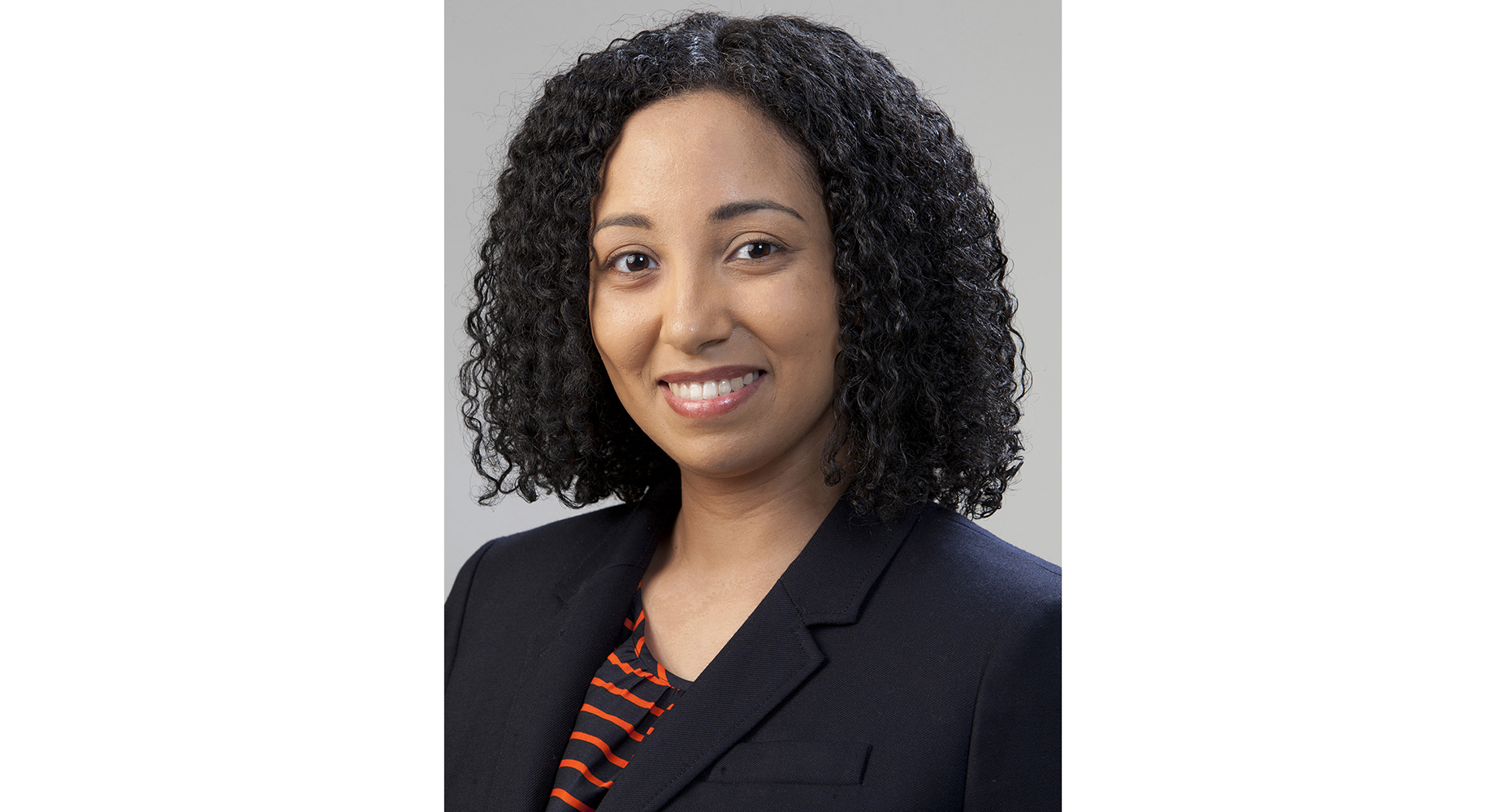Dr. Taniecea Arceneaux Mallery was hoping for the perfect opportunity to return to Acadiana and apply what she’s learned about diversity from studying at Princeton University and working in Washington, D.C.
The University of Louisiana at Lafayette gave her that chance. She was recently appointed director of equity, diversity and community engagement in its Office for Campus Diversity. In that position, she will foster diversity among students, faculty and staff, and ensure that underrepresented groups have equal access to educational opportunities and resources.
The new director is charged also with enhancing faculty development and diversity training for employees.
A native of Scott, La., her connection to the University began when she participated in the gifted and talented programs at Paul Breaux Middle School and Lafayette High School. She took advantage of extracurricular activities on UL Lafayette’s campus, such as Science Olympiad and Honor Band.
“So, I was always part of the UL Lafayette community, even before I was in high school,” she said in a recent interview.
She wanted to attend a university close to home, so she enrolled in Loyola University in New Orleans. She graduated summa cum laude with a bachelor’s degree in mathematics.
Mallery said she knew she wanted an advanced degree but wasn’t sure what to study. So, she accepted a job with the U.S. Census Bureau in Washington, D.C. That’s when she was drawn to social science.
“I knew I loved to study math, but I also knew I loved to study people. I wanted to understand how to bring those two passions together.”
Mallery applied to Princeton because it would allow her to study a variety of academic subjects and seemed to be an accepting university. “It really shaped my thinking,” she said.
Her first research interest was social networks and “how who you know plays a part in the types of information you receive, the types of power you have and the types of resources you have access to.”
Mallery faced challenges as a black woman in the male-dominated field of mathematics. But she said diversity initiatives at Princeton helped her to succeed. She earned a master’s degree and doctorate in applied and computational mathematics there.
When she interviewed for the UL Lafayette position, she was impressed by the importance the University places on diversity. “I felt like the commitment to diversity came from the top, from the University’s president.”
Prior to joining the University’s staff, she was senior diversity research specialist for the Association of American Medical Colleges in Washington, D.C.
“I was able to see how different institutions across the country viewed diversity and the position of diversity officer,” Mallery said. She noted that most universities have an Office of Minority Affairs or an Office of Diversity and Inclusion, but sometimes those offices don’t have a broad reach.
Her role at UL Lafayette, however, is to work with students, faculty and staff across campus. “It’s meant to take a very policy-driven and data-driven approach to diversity. Having that top-level commitment is one of the big reasons I thought this would be the right opportunity for me.”
One of Mallery’s research interests is the exploration of unconscious bias in the process of academic promotion and tenure.
Unintentional prejudice shouldn’t be surprising, she said. “It’s a part of human nature that you are meant to be uncomfortable with things that are not familiar to you. It’s a way of preserving yourself and keeping yourself safe from harm.
“A lot of emerging research has had an impact on how not only universities, but also organizations, think of diversity in terms of their work force and people who they interact with day to day.”
Internet giant Google, for example, launched training in 2013 that’s meant to raise awareness of “hidden” bias. According to recent reports, seven of every 10 of its employees are male; blacks and Hispanics are particularly underrepresented.
“Unconscious bias training has huge potential on a college campus,” Mallery said.
During the past couple of weeks, the new director has been meeting with groups and individuals to learn about the University’s diversity-related programs and policies.
“I see my role as an agent to bring different parts of the university together,” Mallery said.
She is often asked, “What’s a mathematician doing in a diversity office?” The combination of math and social science is sensible, she contends, because many problems can be solved through innovative, interdisciplinary collaboration.
Mallery said she values “opinions outside of my own, outside of my field, outside of my race, outside of my perspective and world view. And I believe that’s the core of what diversity is – really appreciating different perspectives. I bring that personal philosophy to my work.”
